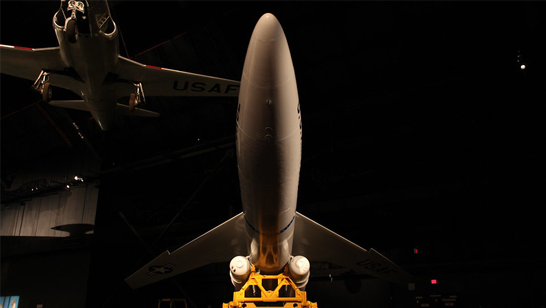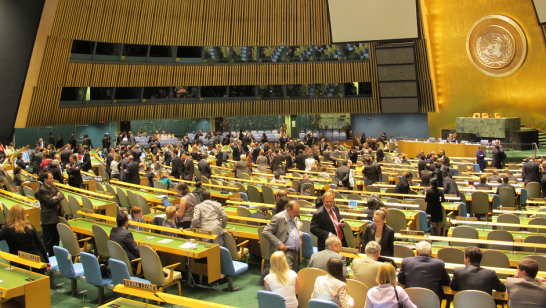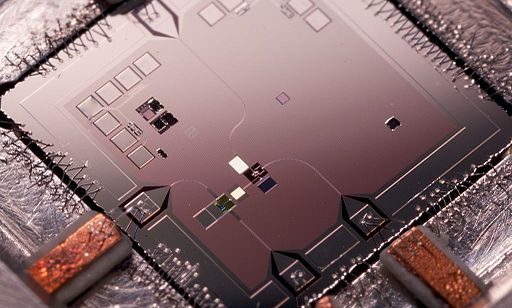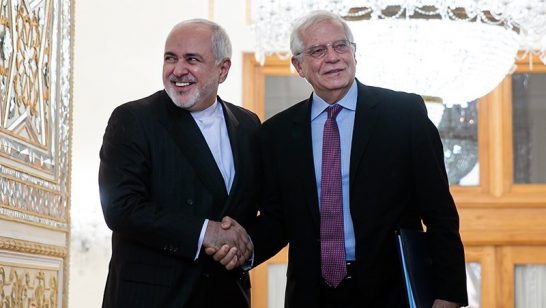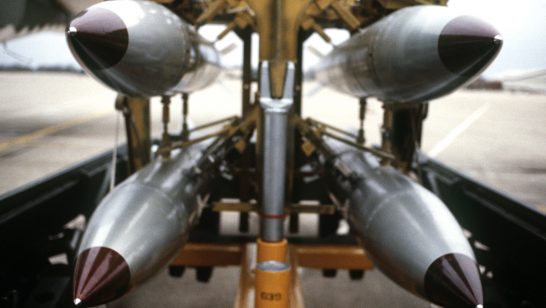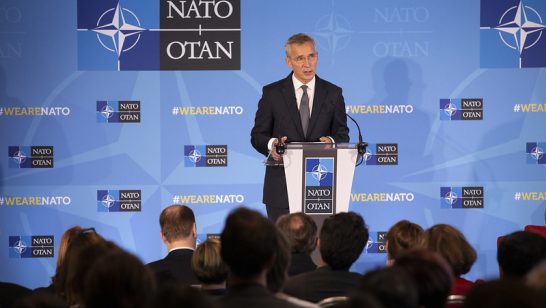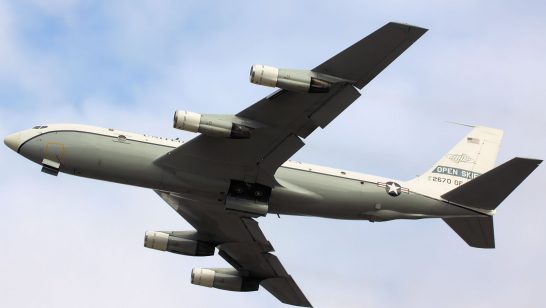
Emerging and Disruptive Technologies, Multi-domain Complexity, and Strategic Stability: A Review and Assessment of the Literature
This paper by the Center for Global Security Research seeks to create a baseline of common understanding about emerging disruptive technologies and their risks so that we can explore in a more informed way implications for crisis management and possible risk reduction measures.

